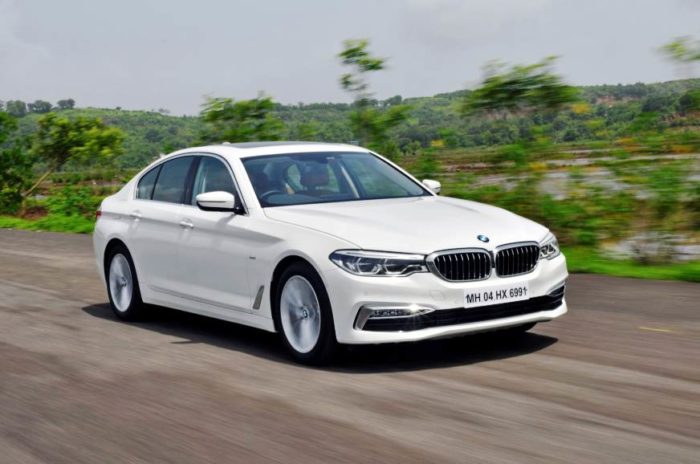Now Reading: German prosecutors conduct inquiry into BMW diesel emission allegations
-
01
German prosecutors conduct inquiry into BMW diesel emission allegations
German prosecutors conduct inquiry into BMW diesel emission allegations

Munich prosecutors have opened an initial inquiry into accusations made this week by Germany’s main environmental lobby group that a BMW diesel model is adjusted with engine software efficient in cheating on emissions tests.
BMW’s 3-Series 320d vehicle, designed to abide by the latest Euro 6 emission standards, was discovered to have breached permitted nitrogen oxide (NOx) emission levels by as much as seven times the legal limit in a series of road tests where as emissions remained below the limit in a set of static roller-bed tests, Deutsche Umwelthilfe (DUH) accused on Tuesday.
Munich prosecutors on Wednesday stated they had initiated an initial evaluation, without being more specific, after the German Transport Ministry had stated on Tuesday that the KBA motor vehicle regulator would check out the allegations.
A BMW spokesperson stated the company had noted the move by Munich prosecutors but remained convinced that the vehicle in question abided by all emission requirements.
The company was thinking about its options with regard to the accusations, the spokesperson added.
The DUH had stated that in the roller-bed tests, which like its road tests were not separately verified, the BMW 320d’s NOx emissions remained substantially under the 80 milligrams per kilometer limitation at regular speeds as well as when the speed was boosted by 10 percent.
Volkswagen’s emissions test-cheating scandal 2 years earlier has since overflowed to the larger German auto industry with its luxury division Audi and Daimler the subject of criminal inquiries.
Stay Informed With the Latest & Most Important News
Previous Post
Next Post
-
 01Polestar Boss Says It’s Time To Outrun BMW M And Mercedes-AMG
01Polestar Boss Says It’s Time To Outrun BMW M And Mercedes-AMG -
 02Spy Shots: 2027 Mitsubishi Pajero Spotted in Testing Ahead of Possible U.S. Return
02Spy Shots: 2027 Mitsubishi Pajero Spotted in Testing Ahead of Possible U.S. Return -
 03Spy Photos: VW ID. Polo GTI Goes Electric with 223 HP and 280 Miles of Range
03Spy Photos: VW ID. Polo GTI Goes Electric with 223 HP and 280 Miles of Range -
 042026 Toyota Hilux EV: A Powerful Truck with Silent Torque
042026 Toyota Hilux EV: A Powerful Truck with Silent Torque -
 05The Controversial Ford Voodoo V8 That Was Killed Off Too Early
05The Controversial Ford Voodoo V8 That Was Killed Off Too Early -
![2027 Mercedes-Benz S-Class Debuts with V8 Engine [Photo Gallery]](https://speedlux.com/wp-content/uploads/2026/01/2027-Mercedes-Benz-S-Class-33-155x125.jpg) 062027 Mercedes-Benz S-Class Debuts with V8 Engine [Photo Gallery]
062027 Mercedes-Benz S-Class Debuts with V8 Engine [Photo Gallery] -
 07Hyundai Palisade’s Breakout Year Shows How Quickly the Market Can Turn
07Hyundai Palisade’s Breakout Year Shows How Quickly the Market Can Turn


![2027 Mercedes-Benz S-Class Debuts with V8 Engine [Photo Gallery]](https://speedlux.com/wp-content/uploads/2026/01/2027-Mercedes-Benz-S-Class-33-700x394.jpg)












































